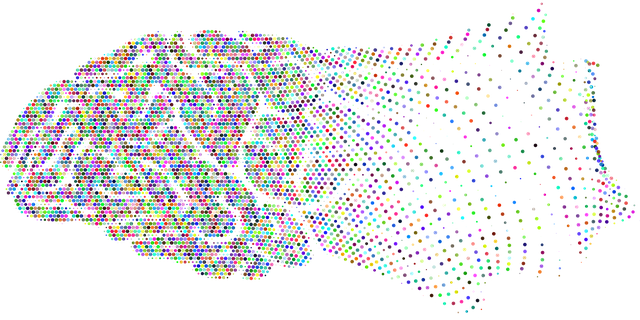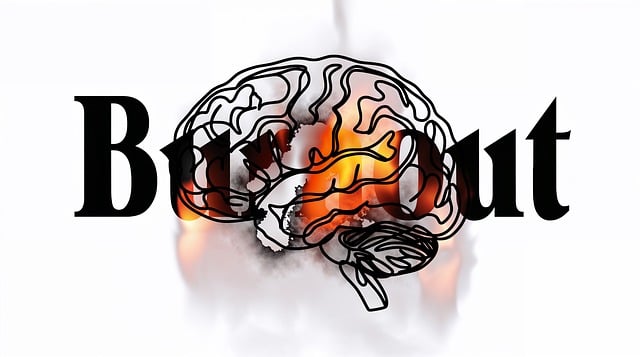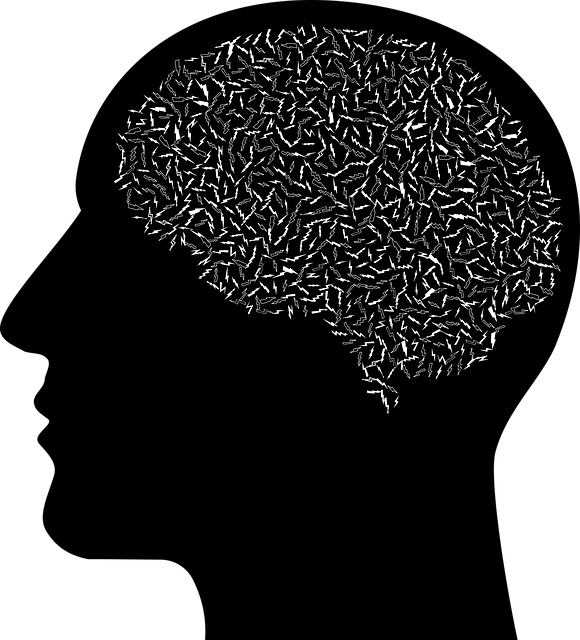Cultural sensitivity is critical in high-quality mental healthcare, especially for young adults from diverse backgrounds. Adapting treatments like Dialectical Behavioral Therapy (DBT) to respect cultural differences enhances engagement and outcomes. This involves understanding traditional healing practices, recognizing family dynamics, and addressing socioeconomic factors. DBT, initially for borderline personality disorder, has evolved into a culturally responsive tool in youth mental healthcare, promoting tailored support and improved outcomes. Effective DBT therapy requires cultural competence from therapists, building trust and improving treatment adherence while preserving cultural identity.
Cultural sensitivity is a cornerstone in modern mental healthcare, especially when addressing the unique needs of young adults. This article explores key aspects of providing culturally responsive care, focusing on the impact of cultural background on mental health and innovative approaches like Dialectical Behavioral Therapy (DBT). We delve into strategies for building trust and effective communication, navigating ethical dilemmas, and ensuring equitable care for diverse populations. By understanding these dynamics, mental health professionals can offer tailored support, enhancing outcomes for young adults across diverse cultural backgrounds.
- Understanding Cultural Sensitivity in Mental Healthcare
- The Impact of Cultural Background on Young Adult's Mental Health
- Dialectical Behavioral Therapy (DBT): A Culturally Responsive Approach
- Building Trust and Effective Communication Strategies
- Navigating Ethical Dilemmas and Ensuring Equitable Care
Understanding Cultural Sensitivity in Mental Healthcare

Cultural sensitivity is a cornerstone of effective mental healthcare practice, especially when catering to diverse populations like young adults. In today’s interconnected world, understanding and respecting various cultural backgrounds, traditions, and beliefs are essential for building trust and delivering tailored therapeutic services. This approach, often referred to as cultural competency, involves recognizing the impact of one’s own cultural lens on interactions with clients from different ethnicities, religions, and social contexts.
For instance, Dialectical Behavioral Therapy (DBT), a popular treatment method for various mental health conditions, can be enhanced by incorporating cultural sensitivity. By adapting DBT to incorporate specific cultural practices and perspectives, therapists can create a more inclusive environment, fostering better engagement and outcomes for young adults from diverse backgrounds. This might include learning about a client’s traditional healing methods, understanding family dynamics across cultures, or recognizing the influence of socioeconomic factors on mental wellness. Such an approach not only improves therapy outcomes but also contributes to public awareness campaigns that promote positive thinking and mental wellness among all segments of society.
The Impact of Cultural Background on Young Adult's Mental Health

Understanding the impact of cultural background on young adults’ mental health is a crucial aspect of providing effective therapy for this demographic. In today’s diverse society, many young adults come from various ethnic, racial, and socio-economic backgrounds, each bringing unique experiences and beliefs that shape their mental well-being. These factors can influence how they perceive and express emotions, cope with stress, and seek help for mental health issues. For instance, some cultural groups may have specific taboos or stigma attached to discussing mental illness, leading to delayed access to care.
Dialectical Behavioral Therapy (DBT), a popular approach in treating young adults, considers these cultural nuances. By incorporating skills training in mindfulness, emotion regulation, distress tolerance, and interpersonal effectiveness, DBT aims to empower individuals with tools for mood management and depression prevention. This therapy encourages positive thinking and adaptive coping strategies while respecting cultural context. Such an inclusive practice ensures that young adults from diverse backgrounds receive tailored support, fostering better mental health outcomes.
Dialectical Behavioral Therapy (DBT): A Culturally Responsive Approach

Dialectical Behavioral Therapy (DBT), initially designed for individuals with borderline personality disorder, has evolved to become a powerful culturally responsive approach in mental healthcare. This therapy is particularly relevant and beneficial for young adults navigating their mental wellness journeys. By incorporating DBT, therapists can provide tailored guidance and support, addressing the unique challenges faced by this demographic.
The cultural sensitivity aspect of DBT lies in its emphasis on mindfulness, emotional regulation, interpersonal effectiveness, and distress tolerance skills, which can be adapted to suit diverse backgrounds and experiences. For instance, a mental wellness journaling exercise can be modified to incorporate cultural practices and traditions, allowing young adults from various communities to express themselves authentically. Additionally, communication strategies taught within DBT can enhance the therapeutic bond, fostering an inclusive environment where clients feel heard and respected. Community outreach program implementation is another key aspect, ensuring that these services reach and benefit a wide range of individuals, promoting overall mental health awareness and accessibility.
Building Trust and Effective Communication Strategies

Building trust is a cornerstone of effective mental healthcare, especially when working with young adults. Cultural sensitivity plays a pivotal role in this process, as it fosters an environment where individuals from diverse backgrounds feel understood and accepted. Therapists employing techniques like Dialectical Behavioral Therapy (DBT) must be adept at navigating cultural nuances to establish strong therapeutic alliances. By incorporating cultural competency training into their practice, healthcare providers can tailor their communication strategies to resonate with clients, enhancing the overall therapeutic experience.
Effective communication involves active listening, empathy, and clear expression of ideas. In the context of DBT, therapists guide young adults in developing coping skills and crisis intervention guidance that aligns with their cultural values and beliefs. This personalized approach not only improves treatment adherence but also empowers individuals to navigate life’s challenges with enhanced resilience and cultural identity intact.
Navigating Ethical Dilemmas and Ensuring Equitable Care

In navigating ethical dilemmas within mental healthcare, especially when treating young adults, cultural sensitivity is paramount. Healthcare providers must recognize and respect the diverse belief systems, values, and traditions that shape an individual’s experience with mental health. For instance, a young adult from a community that places strong emphasis on familial connections might require support to open up in therapy, while another patient from a non-religious background may seek alternative approaches to coping, such as Dialectical Behavioral Therapy (DBT) or Self-Awareness Exercises, for anxiety relief and positive thinking.
Cultural sensitivity enables providers to offer equitable care by tailoring treatment plans to align with the patient’s identity. This might involve incorporating specific cultural practices into therapy sessions, ensuring language accessibility, and fostering an inclusive environment that promotes trust and openness. For young adults exploring DBT as a tool for managing anxiety, culturally sensitive practices can enhance their therapeutic experience, making it more effective in addressing their unique needs.
Cultural sensitivity in mental healthcare is paramount, especially when treating young adults. By recognizing the profound impact of cultural background on mental health, practitioners can tailor their approach using evidence-based methods like Dialectical Behavioral Therapy (DBT), which has proven effective across diverse populations. Building strong trust and communication fosters a safe space, while navigating ethical dilemmas ensures equitable care for all. Embracing cultural sensitivity not only enhances therapeutic outcomes but also creates a more inclusive and accessible mental healthcare system for young adults.









